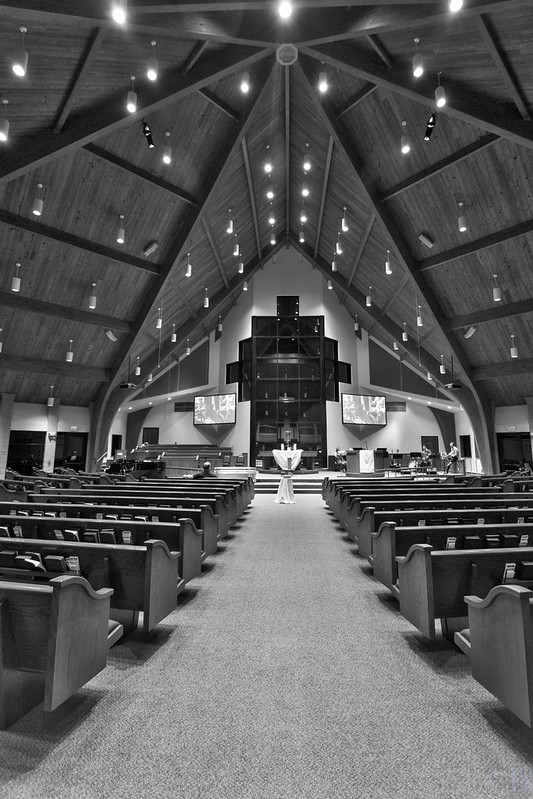When my kids were growing up, a local television station ran a plug just before the ten o’clock news each evening that was meant to be offer some parental coaching:
“It’s ten o’clock. Do you know where your kids are?”
If only that had been enough for us to meet our responsibilities to them.
Instead, we leave them this bitter legacy. Rising sea levels. More extreme and more frequently violent weather patterns. Dysfunctional government. Deteriorating infrastructure. An ever-widening gap between rich and poor. Health care that fails to meet the needs of most people. The growth of the use of terror as a political tool. Refugees from many nations seeking asylum in an unwelcoming world.
Most of these issues could have been dealt with in the Twentieth Century in ways that could have lightened the burden on the rising generation.
Politics is our means for finding solutions to problems like these. But the moral force guiding solutions is to be found in the religious traditions that have formed the ethical foundations of individual Americans. I contend that most people are affected by these traditions whether or not they participate in the regular practices of their traditional faiths. They are so deeply ingrained in the character of most people that they continue to direct their moral compass if they have ever been involved with religious faith in any form, even if they have gone on to outwardly reject it.
As church membership has declined in America, no other social or cultural entity has replaced religion in its ability to provide its members with a moral foundation. I do not claim that religion owns morality or that there can be no morality without faith. However, in a most practical way and even in their current state of decline, these institutions have in place the structures that the rising generations can use to organize for change that, in a very real sense, can save the world. Think of it as achieving the “kingdom of God.”
It is for this reason that I have stayed with my United Methodist Church in spite of its tendency, like most Christian churches, to insist on a simplistic reading of the scriptural canon, to hold on to dying social practices as if they were holy, and its affinity for the supernatural in an age of science. For all its shortcomings, the church provides the most far-reaching and effective organization for:
- acculturating its members to value the public interest,
- providing them with a moral basis for certain limits on individual freedom that society has a right to demand,
- teaching people to value generosity, peace, love, humility, and justice,
- teaching that security and prosperity can as well be attained through becoming more inclusive, by tearing down rather than building walls, and
- teaching its members to interact with the rest of the world with enough humility to be able to compromise rather than resort to violence.
To me, these are essential items of faith, that is, the focus of our ultimate concerns. (Yes — Tillich.) Faith is not about what we believe but, rather, about how we live, how we treat other people, and how we care for and use the resources at our command, and the risks we are willing to take to do what is right.
As a consequence, you will find me Sunday evenings at my United Methodist Church in Lake Jackson, Texas, spending two hours with the youth of our church as they seek to understand exactly what faith means. What it means to pray. Why it is right to love. To live in peace. To live lives of generosity. To oppose hatred. To reach out to people who are different from ourselves.
In America today, is there anything more counter-cultural than that?

